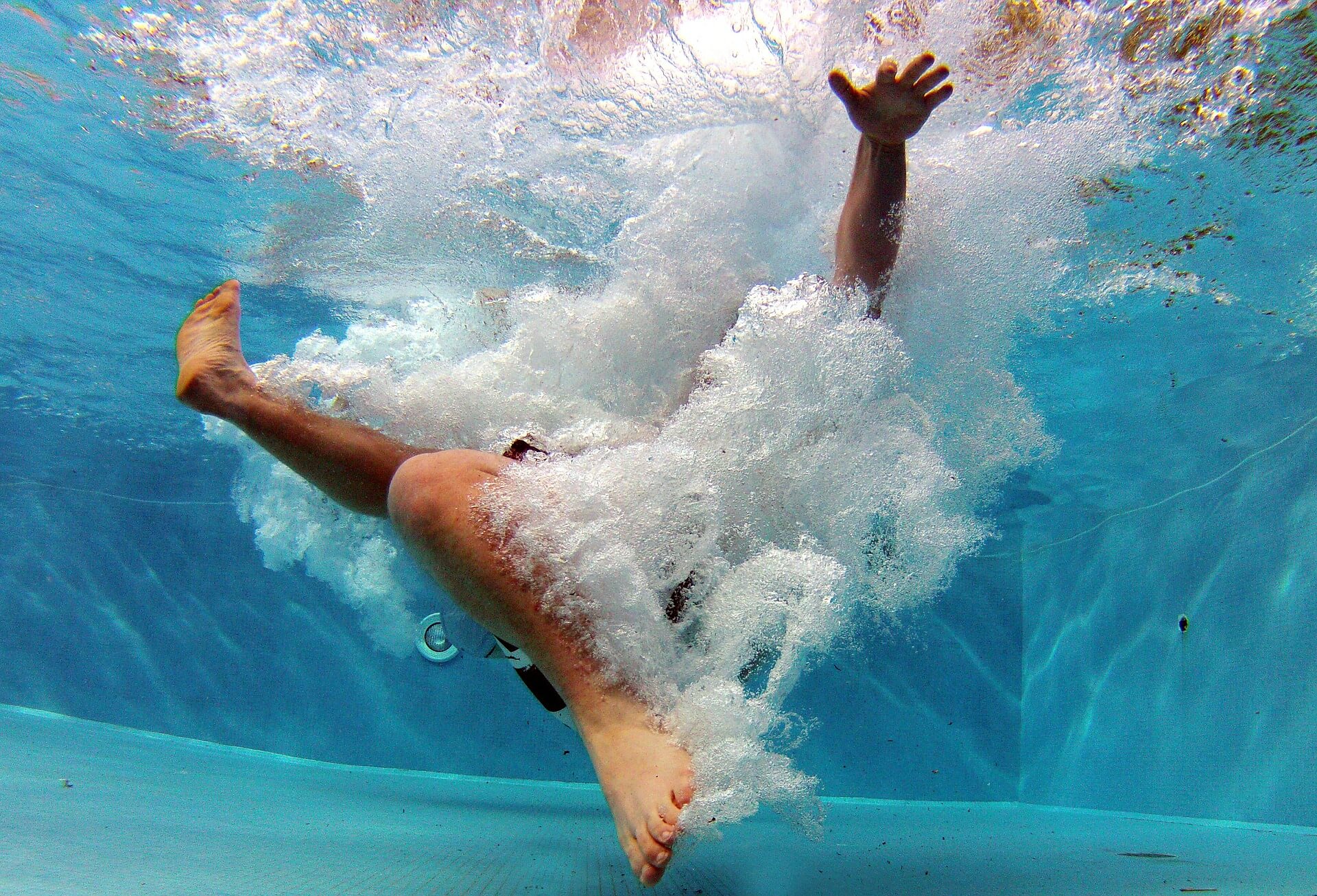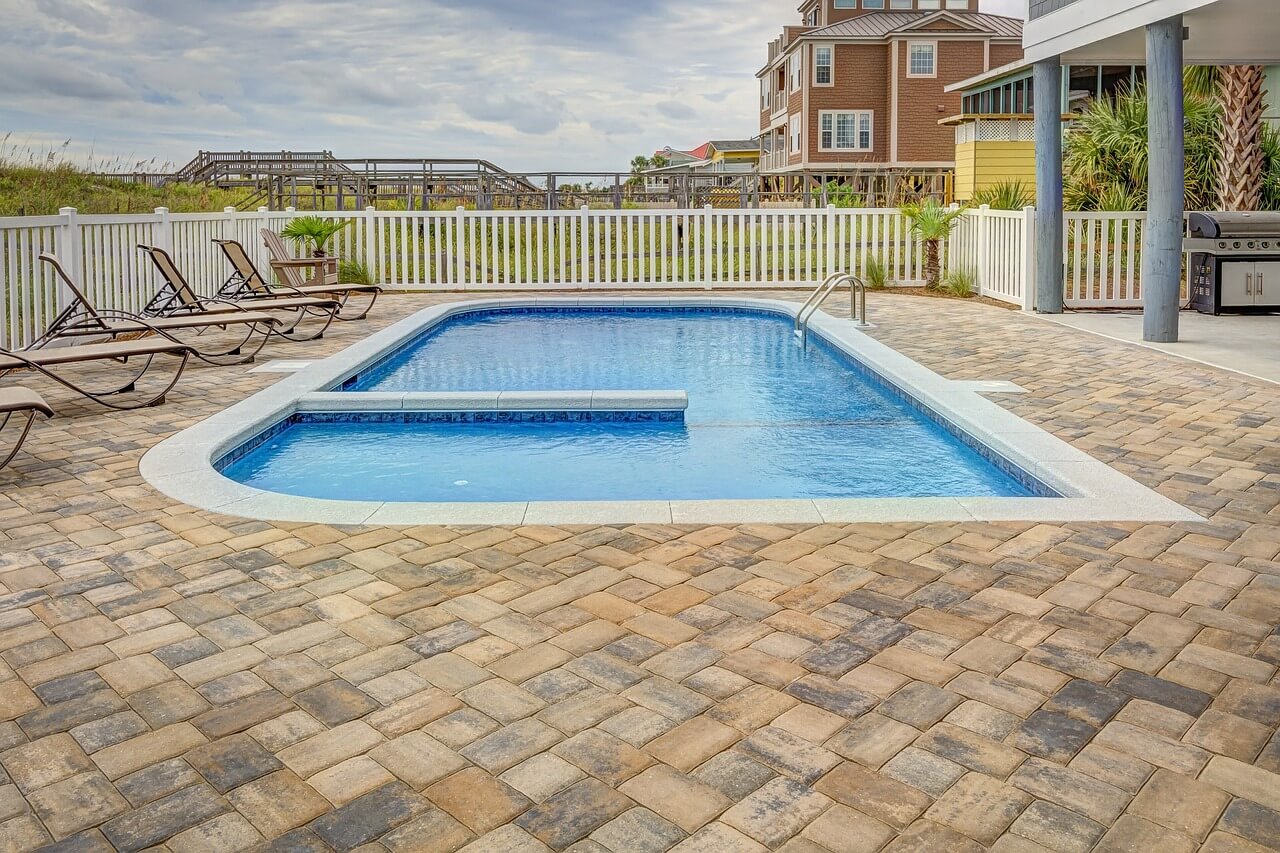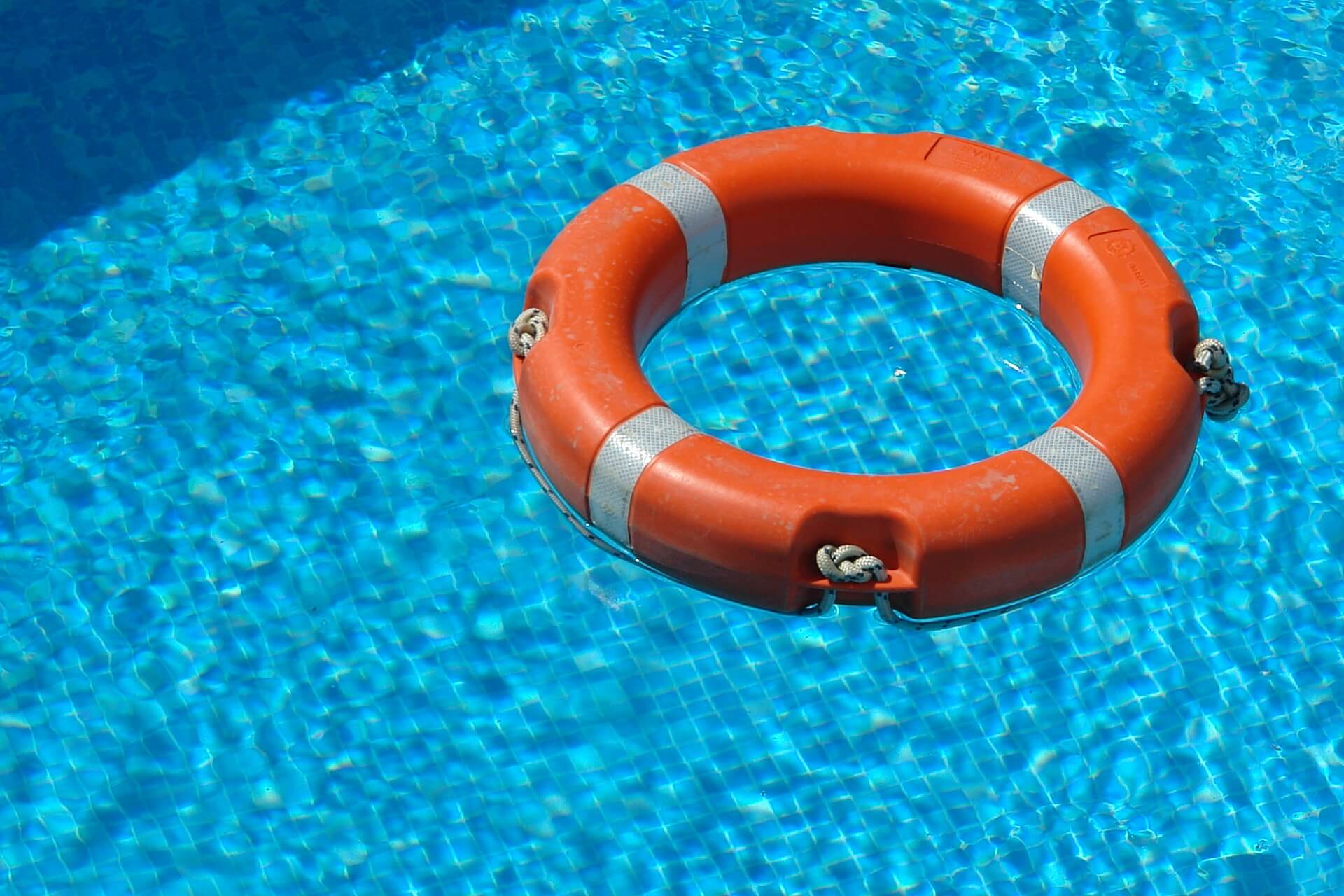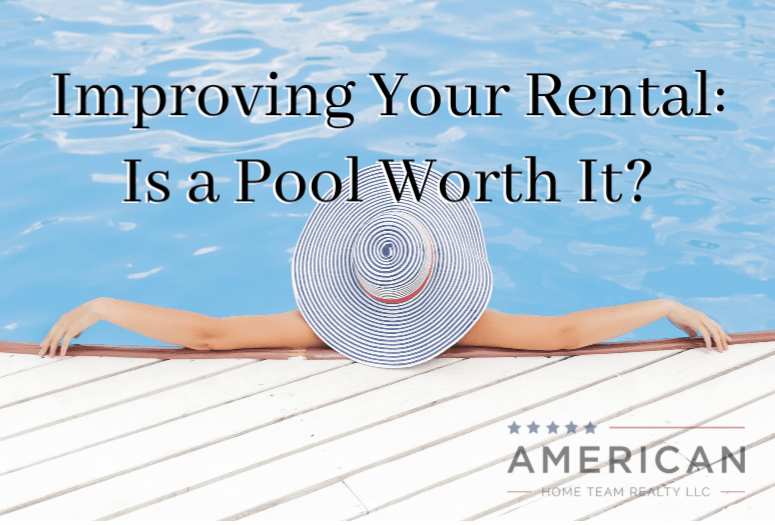As summer approaches, Florida’s rising temperatures have some landlords wondering, “Should I add a pool to my rental property? Will it pay for itself or just be a huge hassle? Is a pool worth it?”
Swimming pools are a great way to cool off and have fun when the temperature rises, but there are some definite downsides to adding a pool to your rental property.
Pool Liability
The main reason not to add a pool to your rental property is the liability.
Residents (or their visitors, invited or not) can slip, fall, or even drown in an unsecured pool. For some insurance companies, the risk is so great that their underwriters prevent them from even covering pools.

If your policy does cover pool-related claims, typical coverage limits are usually around $100,000—not enough to cover a serious accident. Experts recommend that homeowners with a pool have $300,000 – $1 million in coverage.
For inexperienced landlords and property investors, the premiums for this type of coverage might it too expensive rent out a home with a pool.
Pool Maintenance
Whether or not you believe a pool-related accident could happen to you, there’s no denying that pools require a lot of maintenance.
Regular monthly maintenance—checking and adding chemicals, changing the filter, and cleaning debris—can run homeowners up to $100 a month. And that doesn’t even include operating costs to run the pump and/or heater.
Even if you can work pool maintenance into your budget, unforeseen expenses like shocking the water or repairing cracks can make pool ownership more of a headache.
Upfront Cost
The upfront cost of a pool installation tends to go overlooked because many homeowners believe the increased resale value will pay for the pool, but this is not usually the case.

With the average inground pool costing between $20,000-30,000, your best case scenario is that you break even when it’s time to sell.
If your primary goal is to increase the resale value, adding that pool won’t be worth it.
Tenant Preferences
Believe it or not, there are many people that would prefer not to live in a home with a pool, even if maintenance and repairs aren’t their responsibility.
Families with young children may prefer safety over a cool dip in the pool when it comes to their rental home. Others might not use it enough to justify the higher rent.
By adding a pool to your rental property, you could be alienating potential renters.
Adding a Pool To Your Rental Property
If you do decide to add a pool to your rental property (or if you already have), there are a few steps you can take to make it safer.
- Install appropriate barriers around the pool (i.e. fences, gates, or latching pool covers).
- Perform regular maintenance to keep water clear and clean.
- Regularly inspect the pool area for cracks or other signs of damage and have them repaired immediately.
- Urge tenants to keep external doors locked at all times and supervise children and visitors when in or around the pool.
- Increase your insurance coverage to $1 million.

Following these tips will help your residents stay safe near the pool and help reduce the risk of lawsuits and insurance claims.
Conclusion
The year-round fun of a pool is one of the biggest reasons people move to Florida, but having a pool at your rental property can do more harm than good.
Increased liability, maintenance costs, and tenant preference can make owning a pool not worth the money.
If you really want to attract more renters, consider buying a house with a community pool. You won’t be responsible for the maintenance or liability, but your renters can still benefit from it during our brutal summers.
And to make your rental property even more hands-off, consider hiring a property management company. At American Home Team Realty, our top priority is to take the stress out of owning a rental property for our clients.


